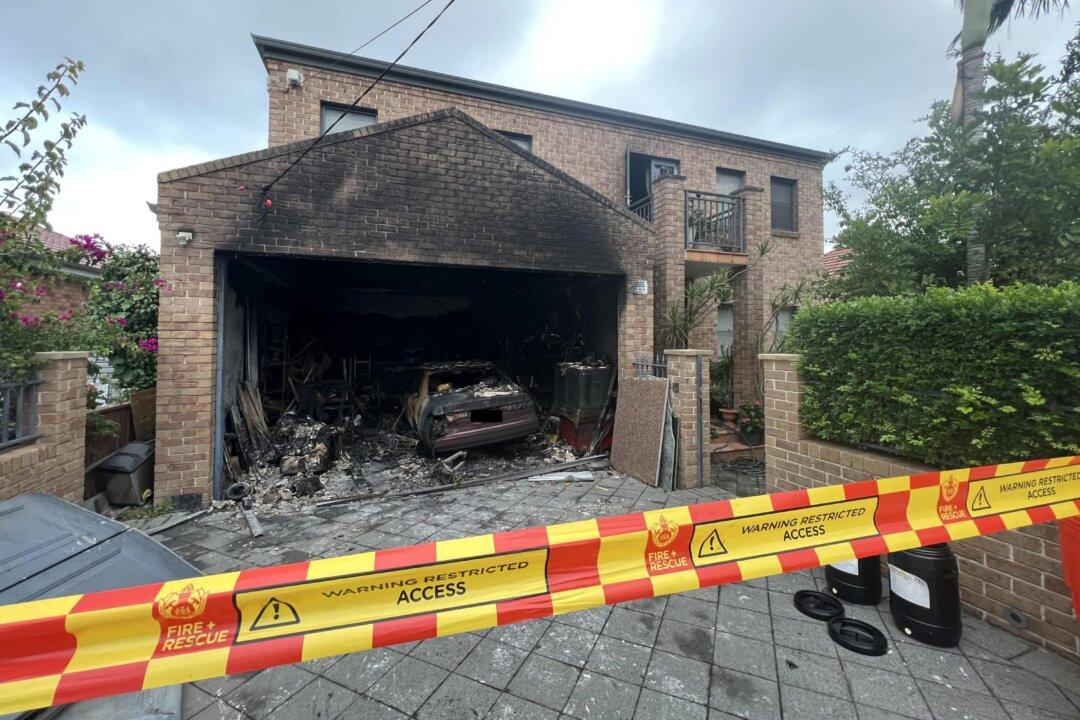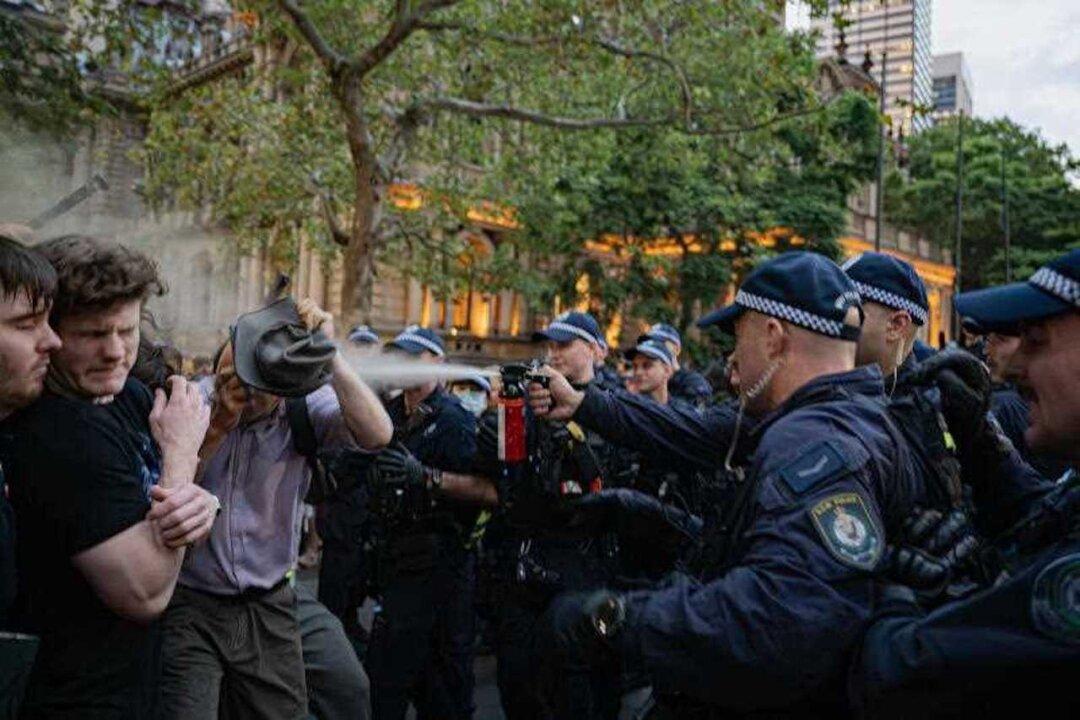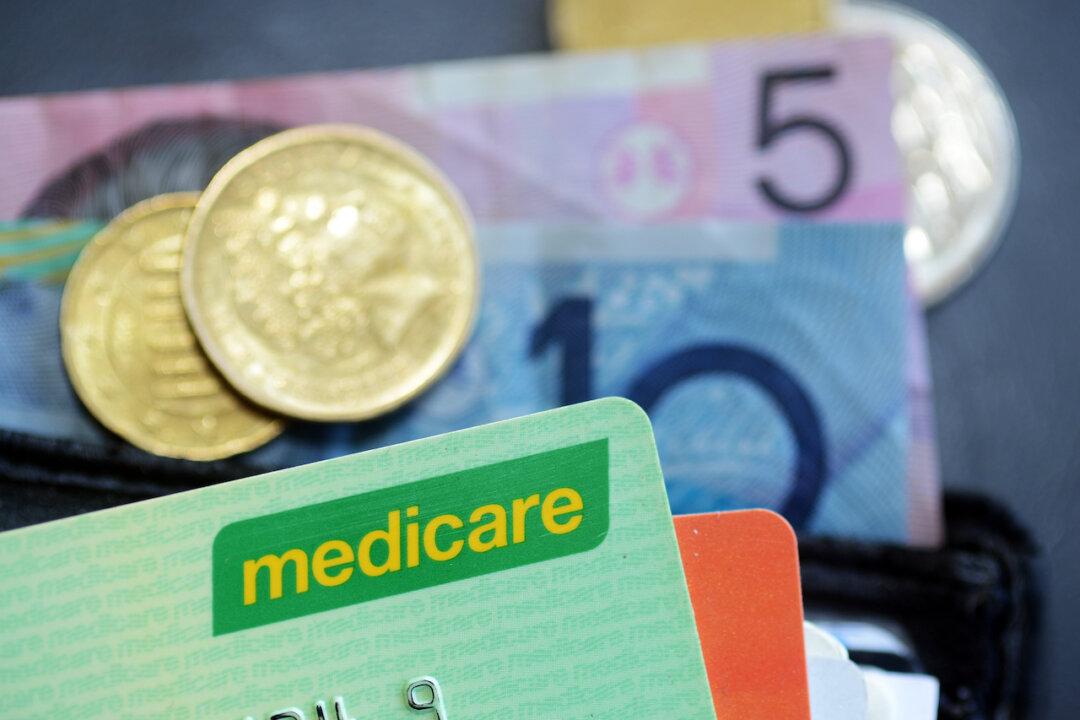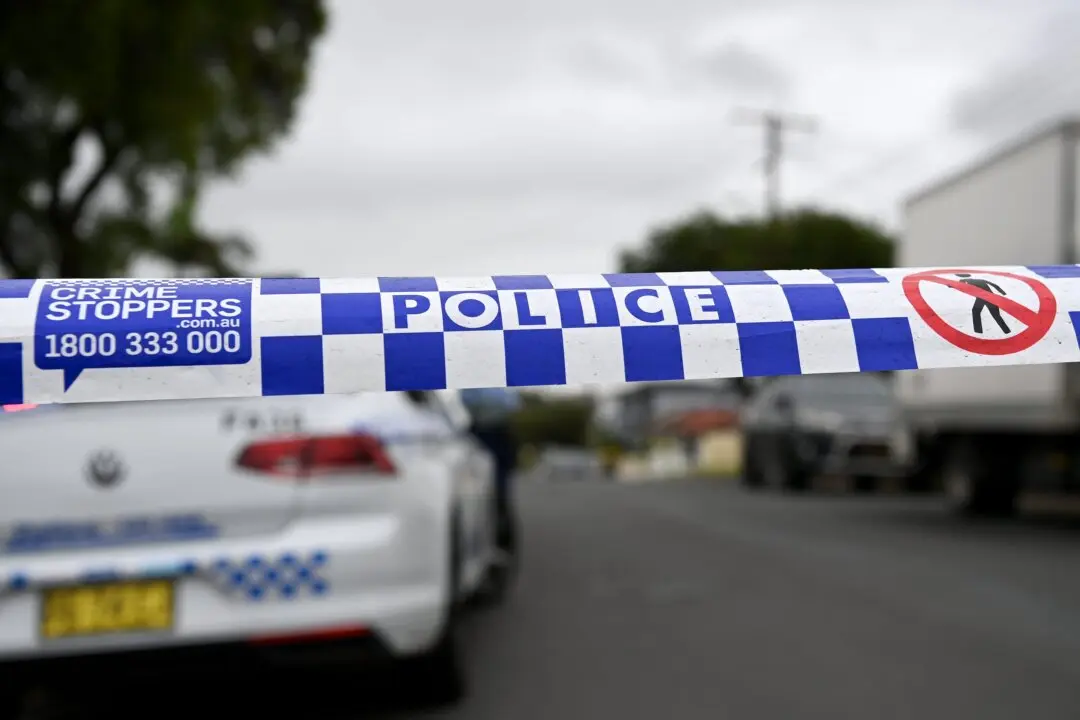Choosing the wrong electric bike or scooter could be a fatal mistake this Christmas, experts have warned, amid a rising number of house fires caused by faulty batteries.
Australian Authorities have warned lithium-ion battery fires are happening every week and a new wave of damage could be unleashed early next year due to poorly constructed Christmas purchases.





